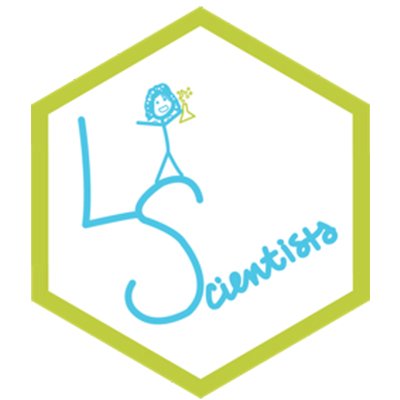When I first encountered the concept of neurodiversity and began to understand what it meant to be neurodivergent, I was embarking on my university journey. At that point, my awareness of my mild dyscalculia diagnosis had only emerged during my high school years. It was a time when I grappled with self-consciousness, a sense of disorientation, and anxiety, particularly as I was just starting to engage in critical reflections about the world around me.
As I was entering university, I remember wondering “How do I manage this new chapter with my diagnoses?” “Is there any support available for someone like me?” “Are there others who share similar experiences and challenges?” As my understanding of neurodiversity deepened, I became interested in exploring neurodivergent students in Higher Education (HE).
Syharat et al. (1) investigated neurodivergent graduate STEM student experiences. The results suggest that they often feel pressure to conform to neurotypical norms and avoid negative perceptions. Furthermore, participants also noted that they may have to self-silence to maintain stability and a positive relationship with their advisor. This research highlights the importance of attending to inclusive environments in HE. Moreover, it also illuminates the hurdles that neurodivergent students encounter during their educational journey.
Another study (2) investigated a neurodivergent population specifically autistic students in both undergraduate and graduate students. The findings suggest that their experience was fluid and multi-dimensional in which multiple factors may affect students’ sense of belonging, transitional period and support. Building upon these insights it is crucial to explore the present initiatives that have been designed to support students in HE.

